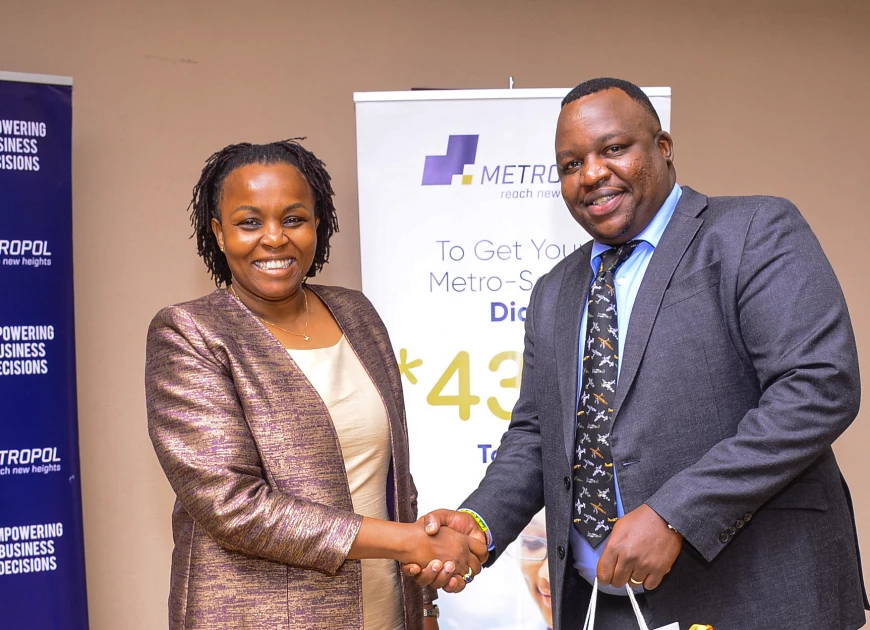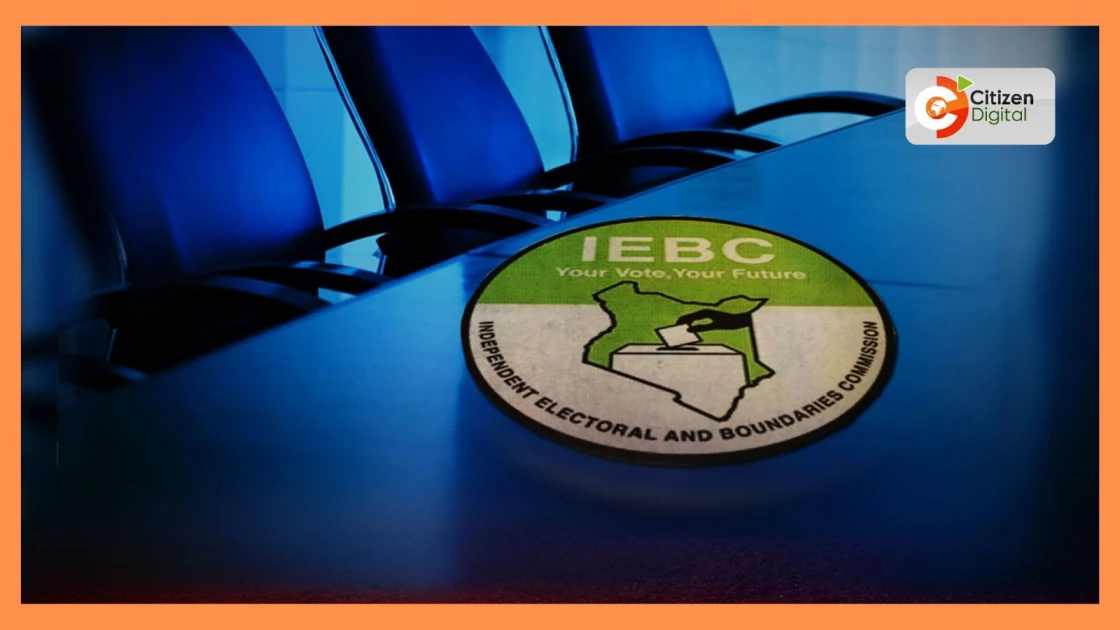Instances of harassment and debt shaming by digital lenders have decreased by 75% since 2022, as disclosed by Data Protection Commissioner Immaculate Kassait.
Addressing an audience in Nairobi during a compliance guidance session for digital credit providers, Kassait credited the decline to regulatory measures implemented by the Central Bank of Kenya (CBK) two years ago.
Notably, the German International Cooperation (GIZ) and Financial Sector Deepening (FSD) recently collaborated to sponsor the implementation of compliance guidance notes, aimed at assisting digital lenders in adhering to regulations, particularly concerning data protection.
Kassait also commended digital lenders for their commitment to upholding stringent regulatory standards and placing a high priority on safeguarding customer data.
“The initiative demonstrates the commitment of the Digital Financial Services Association of Kenya (DFSAK) to uphold the highest standards of regulatory compliance with the aim of safeguarding personal data and upholding dignity of human beings,” Kassait said.
“The Office has embarked on an assessment of digital credit lenders; from an initial assessment undertaken by the office, there is still more that needs to be done by the digital credit providers to fully demonstrate compliance with the Data Protection Act.”
DFSAK Chairman Kevin Mutiso stressed the importance of collaboration between regulators and industy stakeholders in effectively addressing challenges within the digital credit sector.
“We have been working collaboratively with the ODPC to ensure customer protection. This has led to a significant decline in harassment by over 75%. The practice of debt shaming is nearly eradicated, and those who continue to harass customers do so at their own peril,” he said.
“A collaborative approach between regulators and the industry is crucial to achieving mutually desired outcomes. The guidance from the ODPC is a true case study of how such collaboration is essential.”
With a significant rate of mobile phone usage and a considerable unbanked population, digital lending platforms have emerged as transformative tools in Kenya, offering financial inclusion and extending credit access to millions.
According to data from DFSAK, digital lenders in Kenya cater to a total of 8 million customers and disburse between Ksh. 10 billion to Ksh. 15 billion per month.


